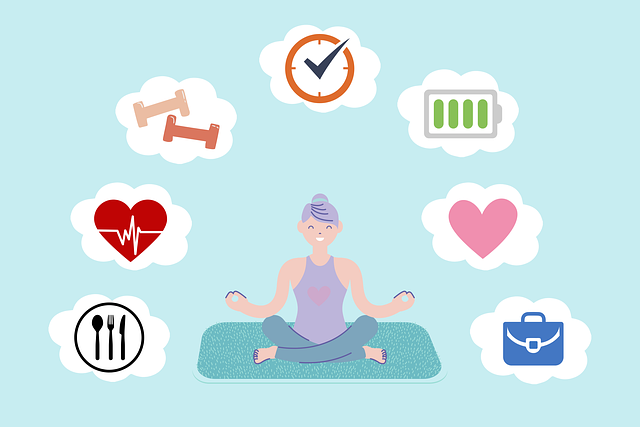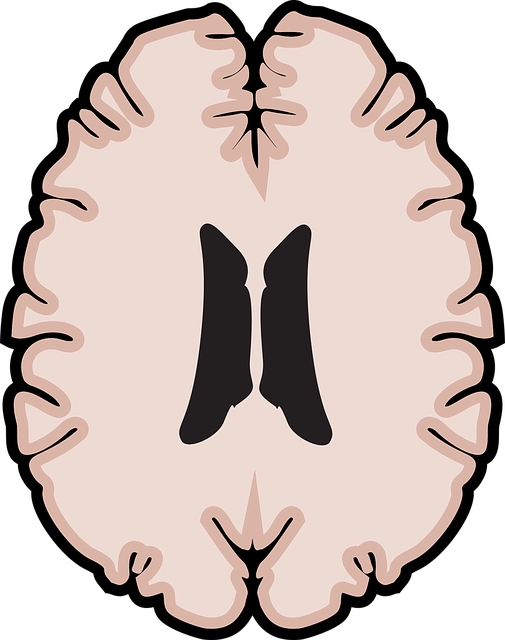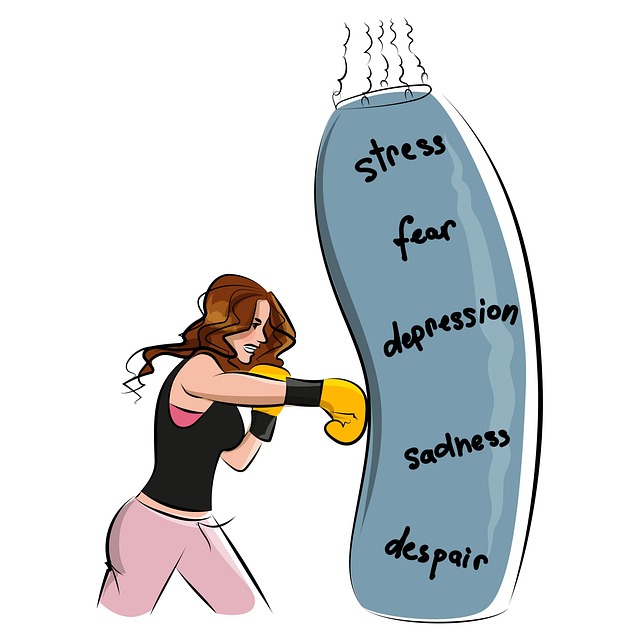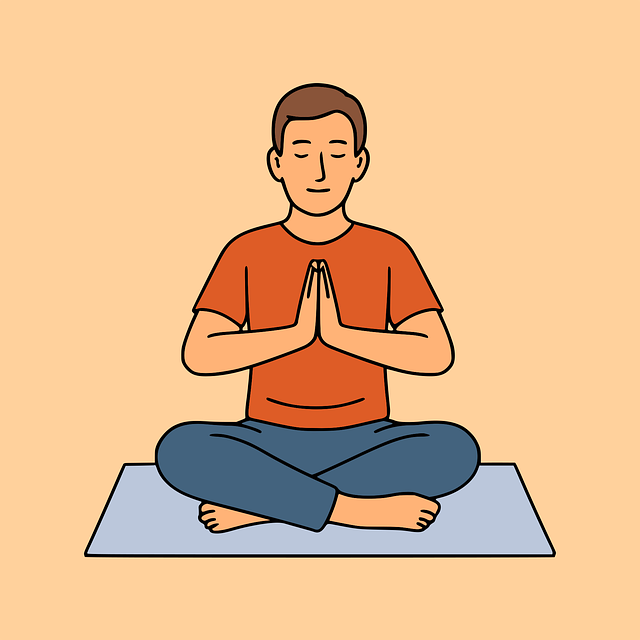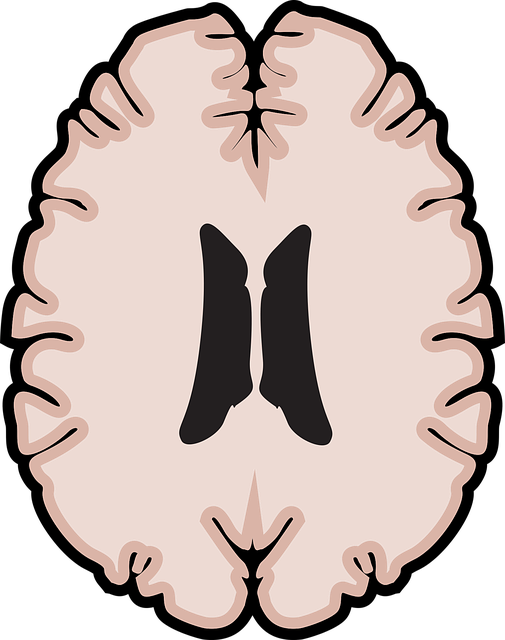Self-care is a crucial component of Superior Chronic Illness Therapy, empowering individuals to manage chronic conditions effectively. Through mental wellness coaching, tailored stress reduction methods, and comprehensive risk assessments, patients gain control over their health. This holistic approach integrates physical and mental self-care practices, encouraging boundary setting, exercise, and mindfulness. Healthcare providers play a vital role in overcoming barriers to self-care by implementing burnout prevention strategies, fostering effective communication, and advocating for positive mental health policies, ultimately improving both patient and provider well-being.
“Enhance your journey towards superior chronic illness therapy through embracing self-care. This comprehensive guide explores the profound impact of self-care on managing chronic conditions, empowering individuals to take control of their health. We delve into identifying personal needs, offering strategies for seamless integration into daily routines, and overcoming barriers. By adopting effective self-care practices, you can achieve better health outcomes and improve your overall well-being. Get ready to transform your chronic illness management experience.”
- Understanding Self-Care and its Impact on Chronic Illness Management
- Identifying Personal Self-Care Needs in the Face of Chronic Conditions
- Strategies for Integrating Effective Self-Care Practices into Daily Life
- Overcoming Barriers and Sustaining Long-Term Self-Care for Better Health Outcomes
Understanding Self-Care and its Impact on Chronic Illness Management

Self-care is an essential component of managing chronic illnesses effectively. It involves intentional activities that nurture physical, mental, and emotional well-being, allowing individuals to take control of their health. By prioritizing self-care, patients can significantly improve their quality of life and overall treatment outcomes. This proactive approach not only helps in coping with the challenges of chronic conditions but also empowers individuals to navigate their healthcare journey with resilience.
In the context of superior chronic illness therapy, integrating self-care practices into daily routines can lead to remarkable improvements. Mental wellness coaching programs play a pivotal role here, guiding individuals toward healthier habits and stress management techniques. By addressing burnout prevention strategies, these programs enable patients to enhance their mental fortitude, making it easier to manage the physical demands of chronic illnesses. This holistic approach ensures that both the mind and body are nurtured, fostering a sense of balance and overall well-being.
Identifying Personal Self-Care Needs in the Face of Chronic Conditions

In the face of chronic conditions, identifying personal self-care needs is paramount for superior chronic illness therapy. Individuals living with long-term health challenges often experience complex physical and emotional demands, necessitating tailored self-care strategies. Understanding one’s unique triggers and coping mechanisms is crucial for effective management. This involves recognizing specific Stress Reduction Methods that foster Emotional Healing Processes, allowing individuals to navigate the complexities of their conditions with resilience.
Comprehensive risk assessment plays a critical role here, not only for patients but also for Mental Health Professionals involved in care. By evaluating psychological, social, and environmental factors, professionals can guide individuals towards appropriate self-care practices, enhancing overall well-being. This holistic approach ensures that the needs of those with chronic illnesses are met, empowering them to actively participate in their care and lead more fulfilling lives.
Strategies for Integrating Effective Self-Care Practices into Daily Life

Integrating effective self-care practices into daily life is a key component of Superior Chronic Illness Therapy. It involves a holistic approach that considers both physical and mental well-being. Start by identifying your personal needs—whether it’s dedicated time for exercise, mindfulness practices like meditation or journaling, or simply setting boundaries to prevent burnout. Incorporate these activities into your routine, treating them as non-negotiable appointments with yourself.
Mental Health Policy Analysis and Advocacy plays a crucial role in fostering an environment that supports self-care. Reducing the stigma associated with mental illness through Public Awareness Campaigns Development can encourage individuals to prioritize their mental health proactively. By combining personal initiative with systemic change, we can create a culture that values self-care as essential for managing chronic illnesses effectively.
Overcoming Barriers and Sustaining Long-Term Self-Care for Better Health Outcomes

Overcoming barriers to self-care is a significant step toward achieving better health outcomes, especially in the context of superior chronic illness therapy. Healthcare providers often face challenges that can impede their ability to prioritize self-care practices. Burnout prevention strategies are crucial here, as these professionals may struggle with prolonged exposure to stress and high workload. Implementing effective communication strategies among colleagues, supervisors, and patients can help alleviate some of these pressures. By fostering open dialogue and supportive environments, healthcare providers can better manage their well-being while delivering quality care.
Long-term self-care sustainability requires a holistic approach that addresses mental health policy analysis and advocacy. This involves recognizing systemic barriers and advocating for changes that support provider well-being. Regular reflection on personal boundaries, seeking mentorship or peer support, and engaging in activities outside of work can foster resilience. Incorporating these practices into daily routines not only enhances mental health but also improves overall healthcare delivery, benefiting both providers and the patients they serve.
Self-care is not just a luxury, but an essential component of superior chronic illness therapy. By understanding its impact, identifying personal needs, and integrating effective practices into daily life, individuals can overcome barriers and sustain long-term self-care. This holistic approach empowers folks to manage their conditions effectively, enhancing overall health outcomes and quality of life. Remember that consistent self-care is a journey, not a destination, and each small step towards better management can lead to significant improvements in the long run.



